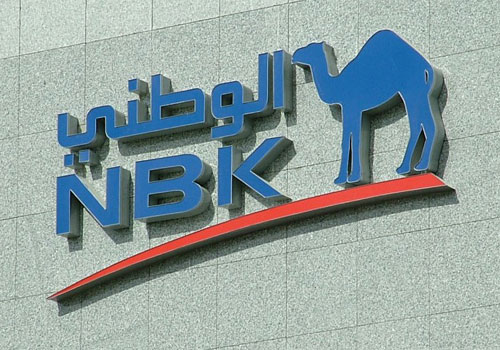 Business & Finance Club - Kuwait : Kuwait has posted a budget surplus of KD6.4 billion ($22.2 billion) for the financial year 2009/10, up from KD 2.7 billion the previous year. This is its 11th consecutive budget surplus, said a report by National bank of Kuwait (NBK).
The country's revenues fell 16 per cent because of lower oil prices and production cuts last year, but they were still 219 per cent of budgeted numbers, said the NBK report citing FY2009/10 closing accounts.
The expenditures too fell 38 per cent and were 93 per cent of the budgeted amount, it added.
According to the report, the large spending decline was exacerbated by a special transfer to social security the previous year. Excluding that special factor, spending was down 12 per cent, it said.
Demand-impacting expenditures, those spending categories that drive domestic demand, were slightly down y/y (a drop of one per cent).
Oil revenues plunged 16 per cent compared to last year to hit KD16.6 billion, according to the NBK report.
The price of Kuwait Export Crude (KEC) averaged $68.3 per barrel over the period compared to $78.5 the previous year while production levels were lower as well. However; oil revenues came at 240 per cent of the budget which assumed oil prices at $35 pb, it added.
Non-oil revenues reached KD1.1 billion, down 15 per cent year on year. The slump in the economic activity in FY09/10 apparently took its toll on the governments’ non-oil receipts, particularly in the first three quarters of the fiscal year, the NBK said in its report.
The major contributor to this decline was “Miscellaneous Revenues” which fell KD188 million (44 per cent) and without which non-oil revenues would’ve been flat on the year.
The corporate income taxes fell 42 per cent to KD33 million from FY08/09, and came at merely 55 per cent of budget compared to a historic average of 143 per cent.
Meanwhile; “Property fees” fell 10.3 per cent and stood at 58 per cent of budget compared to an average of 113 per cent last year, the NBK report said.
Total country's spending reached KD11.3 billion, down 38 per cent y/y and at 93 per cent of budget in line with the historic average. About 78 per cent of the y/y drop in expenditures is due to the absence of the extraordinary transfer to PIFSS, it stated.
Excluding all spending categories that do not affect domestic demand, such as transfers, spending on military hardware and the cost of fuel used in power generation (which amounted to KD1.6 billion, demand-impacting expenditures which have more impact on economic growth were almost flat on the year, the NBK said in the report.
These expenditures should be higher in the current budget year (up 15 per cent in the budget), it added. |